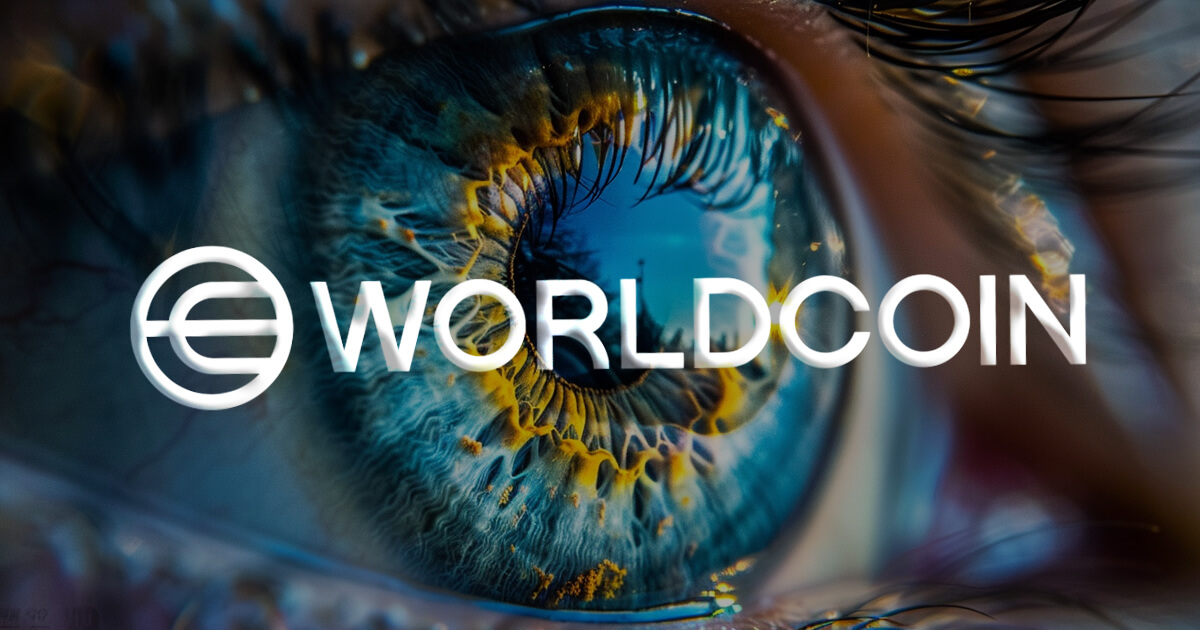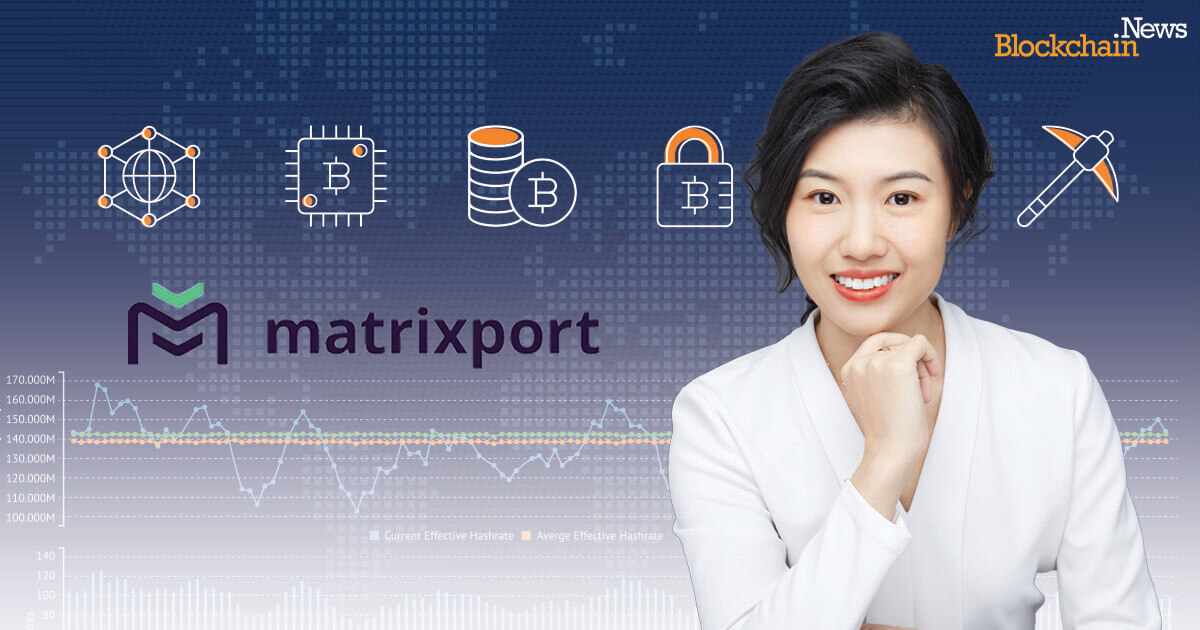With help from Alfred Ng and Sam Sutton
ChatGPT has claimed its first casualty on the stock market.
Yesterday the price of shares from California-based learning company Chegg tanked by nearly half, after its CEO Dan Rosensweig said on an earnings call that he believes ChatGPT is “having an impact on our new customer growth rate.” Market-watchers on Twitter noted it’s likely the first ever publicly-traded company to acknowledge that it’s getting battered by the new technology.
Since ChatGPT and similar generative AI tools first captured the public’s imagination last year, there’s been rabid speculation about their potential to revolutionize the economy. ChatGPT has already destroyed the once-robust industry of Kenyans writing college students’ essays for them. Next will it kill the college admissions essay altogether? The PR flack? The local newspaper?
Chegg is a somewhat unique case, as a company that was the subject of intense scrutiny even before its seeming admission of defeat by ChatGPT — it allows students to post their homework online in search of answers from other people. Chegg calls this “homework help.” Many educators call it “cheating.” Students apparently now call it irrelevant, as ChatGPT provides for free something close enough to the service for which Chegg currently charges $15.95 a month.
So as its share price takes a beating, is the company the proverbial dead canary in a coal mine or just an unlucky outlier?
This morning I called Matthew Mittelsteadt, a tech researcher at the free-market-oriented Mercatus Center, to get his read on the situation and shed some light on what generative AI might have in store for the economy next.
His response to the news was… not ambiguous.
“Good riddance,” Mittelsteadt said. “The exact type of thing that I’m hoping gets disrupted or destabilized by [AI] is these corporations that engage in this rent-seeking behavior.”
Mittelsteadt characterized Chegg as a classically extractive middleman service, paying once for materials that it can then charge for over and over again. This, he said, is the kind of company that’s likely to be most affected by generative AI’s disruptive properties — those that aggregate rather than providing any kind of original content or service.
“In terms of disruption… I don’t think [generative AI] is going to be quite as immediately ground-shaking in most areas as people think it’s going to be,” Mittelsteadt said. “Chegg is a very niche, limited service… the service they offer is aggregation, the same that ChatGPT does, and [ChatGPT] is not going away.”
During Chegg’s fated earnings call, the CEO Rosensweig said that generative AI will actually make the company stronger — last month it introduced a GPT-4-powered tool called “Cheggmate” that creates a ChatGPT-like assistant within its platform. (“We are very excited to work with Chegg, given their history as the leading student-first learning platform,” OpenAI’s Sam Altman said in a statement.)
Mittelsteadt thinks this could be a smart move for the company. At this early stage it can still take a significant amount of effort to prompt a helpful answer from ChatGPT, as anyone who’s tinkered with it knows.
“Prompt engineering isn’t that easy, and a lot of students don’t necessarily have time to learn how to do it,” he said. “If Chegg or other services can pivot and figure out how to improve that process, I think there’s actually a lot of value there.”
Which gets to why all this matters beyond just the fate of a niche edutech company. Just as with media innovations from the telegram to the world wide web, ChatGPT has drastically reduced the cost and effort involved in producing information. ChatGPT frequently spits out false or garbled information, but it can serve as a remarkably efficient jumping-off point for brainstorming, or for pointing its user in the direction of primary research materials.
It’s well-documented at this point that advances like this have, for whatever reason, not meaningfully contributed to economic productivity. But each advance undoubtedly changes the way we think and learn — meaning the fate of a company like Chegg might be less useful as an economic indicator than as one of how the next generation of Americans will interpret the world around them.
“There’s uncertainty in ChatGPT, unlike with Chegg, meaning that the students who are going to be cheating regardless can’t necessarily trust the answers they’re getting,” Mittelsteadt said. “So hopefully they’re then forced to validate those answers, which… is going to force them to learn something, or at least think a little bit, which is an improvement over the situation where they’re using Chegg.”
BEVERLY HILLS — With Congress divided and a presidential election looming, the future of U.S. crypto regulation is likely at the mercy of the federal courts.
The results of lawsuits involving the U.S. Securities and Exchange Commission and Coinbase, Ripple and Grayscale Investments might provide the clarity the industry has sought from Washington on how to regulate the industry, Crypto Council for Innovation CEO Sheila Warren said in an interview on the sidelines at the Milken Institute Global Conference Tuesday. Of course, SEC Chair Gary Gensler has maintained that the rules for crypto are quite clear. But the crypto industry’s legal battle with U.S. regulators are part of a broader push on the part of private industry to hem the authorities of powerful federal institutions.
“You’re certainly seeing a lot of different folks who are taking this to the courts,” said Warren, whose Washington-based institution counts Coinbase, Gemini and Andreessen Horowitz as members. “The bigger picture — outside of our industry — is we are at a time where we’re wrestling with questions about administrative and executive authority, and executive branch oversight and authority.”
“It’s subtle but, if you’re really paying attention, I’m hearing a lot of this conversation [at Milken] around what is the boundary of administrative agency authority? And where does that end?”
Earlier this week, the U.S. Supreme Court announced it will hear a case that threatens an almost 40-year-old legal precedent where courts defer to agency interpretations of congressional statutes. Its decision could threaten everything from EPA regulations to the SEC’s oversight of digital assets.
As for crypto legislation, Warren said she was cautiously optimistic about House Financial Services Chair Patrick McHenry’s bid to move market structure and stablecoin legislation out of committee by the end of June.
“A lot of folks understand this space better than they did a year ago, a lot of things are changing,” she said. “But the politics are no joke.” — Sam Sutton
As cars become more advanced, there are growing concerns that automobiles will join smartphones as a daily data tracker on millions of people. Most new cars are capable of collecting a treasure trove of data on drivers and passengers, including data on their precise location and their weight.
Finding out what your car knows about you can be cumbersome, but a new tool wants to make it as simple as requesting a car history report.
Andrea Amico, the founder of the automobile privacy organization Privacy4Cars, launched Vehicle Privacy Report on Tuesday. Users can put in their Vehicle Identification Number and are sent to a page showing what information the car collects about them, as well as who that data can be shared with.
Adding fuel— Amico said he hopes that privacy reports will soon become as commonplace as vehicle history reports. He noted that until the Insurance Institute for Highway Safety started providing safety reports for cars, the general public wasn’t as aware of automobile safety concerns.
“My hope is we are the same spark that takes [data disclosures] out of the black hole in which it is today, where this information is not visible and out of mind for people,” Amico said.
Connected concerns – Connected cars are on lawmakers’ radar, but usually as an addendum. When members of Congress were considering last year’s American Data Privacy and Protection Act, lawmakers added an amendment noting that consent requirements also apply to cars, which they described as “nontraditional devices.”
The issue generally applies to most connected devices, which don’t have the same disclosures about data collection that an app or a website would have. But with more than 290 million registered vehicles in the U.S., connected cars are at the forefront of this concern.
“I don’t think people realize how much data is being collected from them, and that the vehicle comes with a data agreement that is stipulated and disclosed,” Amico said. — Alfred Ng
Stay in touch with the whole team: Ben Schreckinger ([email protected]); Derek Robertson ([email protected]); Mohar Chatterjee ([email protected]); Steve Heuser ([email protected]); and Benton Ives (bives[email protected]). Follow us @DigitalFuture on Twitter.
If you’ve had this newsletter forwarded to you, you can sign up and read our mission statement at the links provided.
Credit: Source link















































